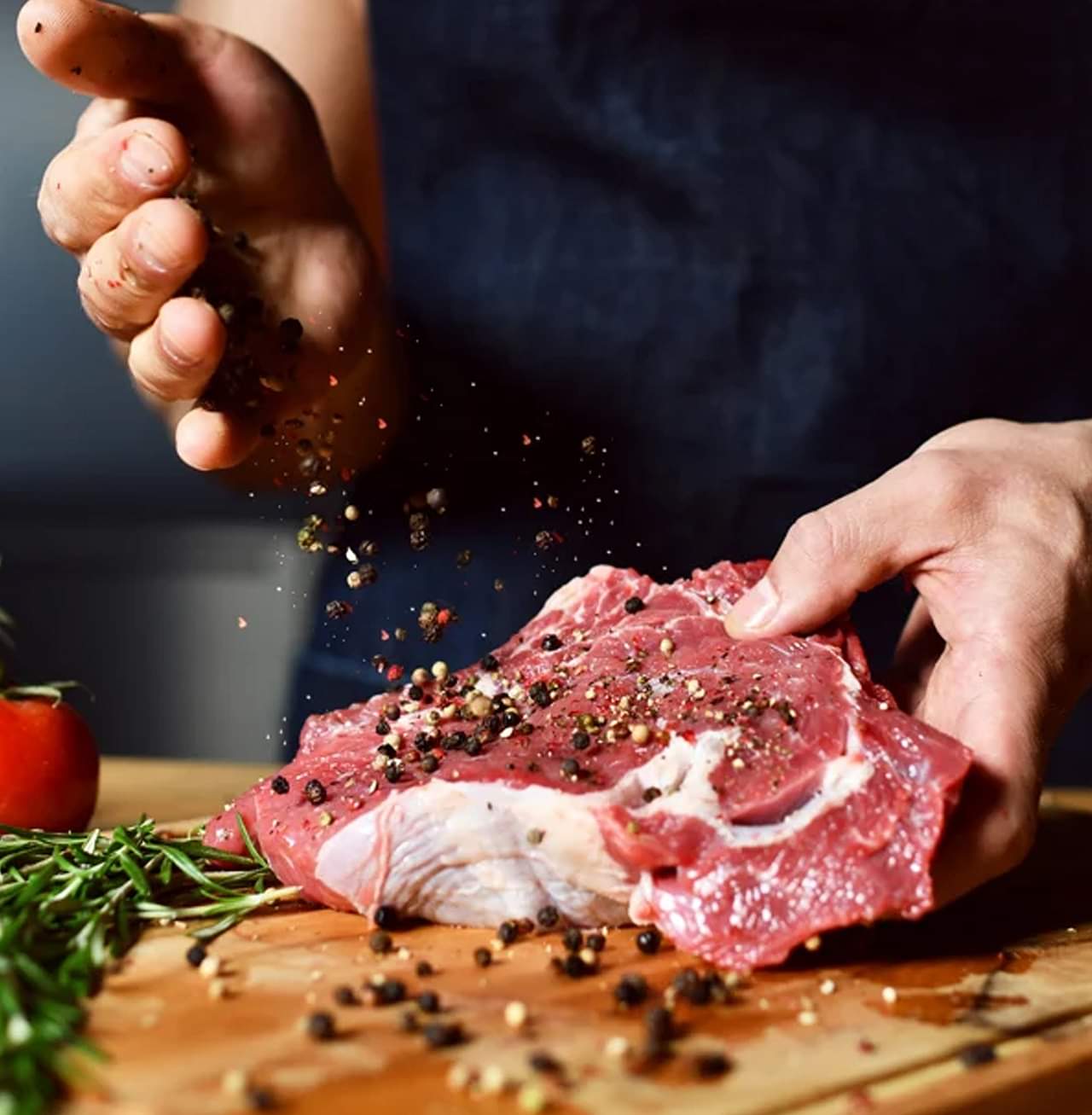News
Safety Source: Food Handling Safety
Posted: 05/09/2023

Food handling safety is a critical aspect of ensuring that the food we consume is safe and healthy for us. According to the Centers for Disease Control and Prevention (CDC), foodborne illnesses affect one in six Americans each year. These illnesses can be caused by harmful bacteria, viruses, and other pathogens that are commonly found in food. Therefore, it is essential to know the basics of safe food handling, from storing to preparing and serving.
Storing Food Safely
Proper food storage is crucial to preventing contamination and spoilage. To store food safely, make sure that the refrigerator and freezer are at the correct temperatures. The ideal temperature for the refrigerator is 40°F or below, while the ideal temperature for the freezer is 0°F or below. Store raw meat, poultry, and seafood separately from cooked food to prevent cross-contamination.
Preparing Food Safely
When preparing food, always start with clean hands and a clean work area. Wash your hands with soap and warm water for at least 20 seconds before and after handling food. Also, make sure that all utensils, cutting boards, and surfaces are cleaned and sanitized before use. Use separate cutting boards for raw meat, poultry, and seafood, and keep them away from other foods.
Cooking Food Safely
Cooking food to the right temperature is essential to kill harmful bacteria and viruses. Use a food thermometer to ensure that meat, poultry, fish, and other foods are cooked to the appropriate temperature. The U.S. Food and Drug Administration recommends the following safe minimum internal temperatures:
- Beef, pork, lamb, and veal (steaks, roasts, and chops): 145°F
- Ground meats (beef, pork, lamb, and veal): 160°F
- Poultry (chicken, turkey, duck, and goose): 165°F
- Fish: 145°F
Serving Food Safely
When serving food, keep hot foods hot and cold foods cold. Use chafing dishes, slow cookers, and warming trays to keep hot foods above 140°F. Use ice or cold packs to keep cold foods at or below 40°F. Also, never leave food out at room temperature for more than two hours. If the temperature is above 90°F, do not leave food out for more than one hour.
Sources: CDC | FDA | FoodSafety.gov
---
Our industry takes pride in advancing safety in all aspects of life. Deep South Crane & Rigging, LLC's marketing team has prepared this content with the intent that it be shared as potential safety topics used to start meetings industry-wide. We have used internet resources that are sourced via links throughout the article. We do not claim to be experts on this topic.
Precarious Conditions on the Dock
Posted:05/13/2025
Rail-traveling ship loaders are a familiar sight on the Gulf Coast (and around the world)—and they are essential to the efficient loading of bulk materials. Disruption to the operation of these massive machines directly affects productivity and the bottom line, as represented by one company's experience when wind from a severe storm knocked the machine off its rails, leaving it dangerously close to the edge of the dock.
Reconfigured for a Higher Load
Posted:11/05/2024
During a planned outage, a petrochemical facility in Texas needed to replace a large tower head—measuring 54' L x 30' W x 30' H and weighing 280,000 pounds. Deep South Crane & Rigging selected a strategic setup location for its 2,500-ton VersaCrane TC-36000 to accommodate both the head lift and additional turnaround work. The lift was initially planned at 350,000 pounds, accounting for tray installation.

